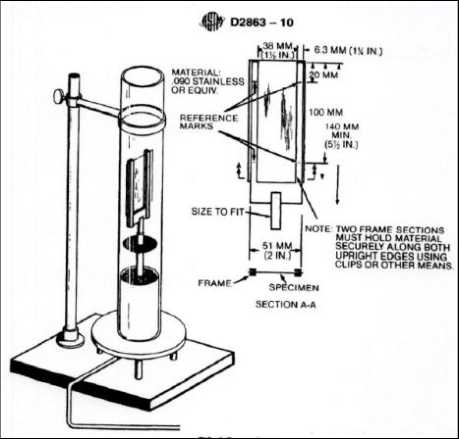- Qinsun Instruments Co., Ltd.
- Tell:+86-21-6780 0179
- Phone:+86-17740808215
- Address:No. 2578 Minhang District Gu Dai Road, Shanghai
- Contact:Mr. Li
- QQ:846490659
Precautions for purchasing torque rheometer

Selection method for torque rheometer:
1、 Rheological performance requirements:
Firstly, it is necessary to clarify the specific requirements for rheological properties in laboratories or industrial applications. Determine the material type, temperature range, shear stress, and shear rate parameters to be tested in order to select a suitable torque rheometer.
The rheological properties of different samples require different requirements, such as liquids, colloids, high viscosity substances, etc. It is necessary to choose the corresponding rheometer according to the application field and testing purpose.
2、 Measurement range and resolution:
The measurement range and resolution of a torque rheometer are important indicators for purchasing. Select the appropriate torque measurement range and resolution based on the expected rheological properties and measurement range of the sample to be tested.
3、 Temperature control and stability:
For applications that require temperature control, choose a torque rheometer with a reliable temperature control system and high temperature stability. Ensure the accuracy and stability of temperature control to obtain reliable test results. Consider the heating and cooling efficiency of the equipment, as well as the uniformity of temperature gradients, especially for testing requirements under larger samples or high temperature conditions.
4、 Automation and software functionality:
Automation and software functionality can improve testing efficiency and accuracy of data analysis. Choose a torque rheometer with advanced automation features, easy-to-use software interface, and data processing capabilities.
The software should have functions such as data export, chart drawing, and multi parameter analysis to meet various experimental and data processing requirements.
5、 Accessories and accessories:
Ensure that the torque rheometer is fully equipped and equipped with necessary accessories and accessories. For example, non stick coating measurement systems, small sample fixtures, rotors and stators of different specifications, etc. Additional accessories and accessories can be purchased to improve testing flexibility and expand application scope.
6、 Brand and after-sales service:
Consider choosing a brand of torque rheometer and understand its reputation and credibility in the industry. Understand the after-sales service support of suppliers, including equipment maintenance, technical training, and spare parts supply.
7、 Budget and cost-effectiveness:
According to the actual budget, choose a torque rheometer with higher cost-effectiveness. Weigh price, functionality, and quality to choose equipment that is suitable for laboratory or industrial application needs. Not only should we consider the purchase cost of the equipment, but we also need to consider the subsequent usage costs, such as maintenance costs, consumables costs, and upgrade costs.





